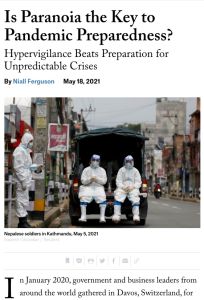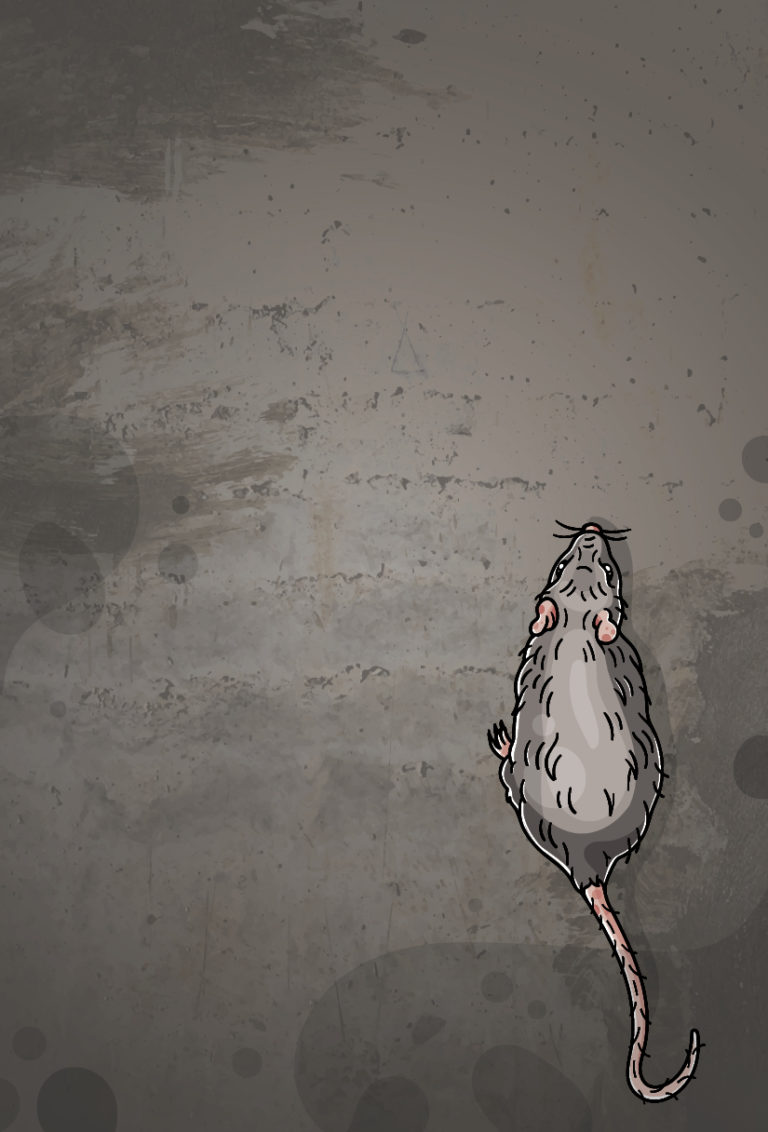Join getAbstract to access the summary!

Join getAbstract to access the summary!
Niall Ferguson
Is Paranoia the Key to Pandemic Preparedness?
Hypervigilance Beats Preparation for Unpredictable Crises
Foreign Affairs, 2021
What's inside?
Facing a crisis such as the COVID-19 pandemic, it’s better to be paranoid than institutionally unprepared.
Recommendation
Early in 2020, the global leaders who attended the World Economic Forum in Davos were unaware that the 2021 and 2022 in-person meetings wouldn’t happen. Just as they agreed that climate change was humanity’s most imminent threat, a lethal, contagious virus was already spreading. Focusing on one disaster risks ignoring others, like wars, earthquakes or early-stage pandemics, historian Niall Ferguson warns in Foreign Affairs. His illuminating article approaches disaster preparedness in an expansive, unconventional way.
Summary
About the Author
Niall Ferguson, the author of Doom: The Politics of Catastrophe, is the Milbank Family Senior Fellow at the Hoover Institution at Stanford University.

























Comment on this summary